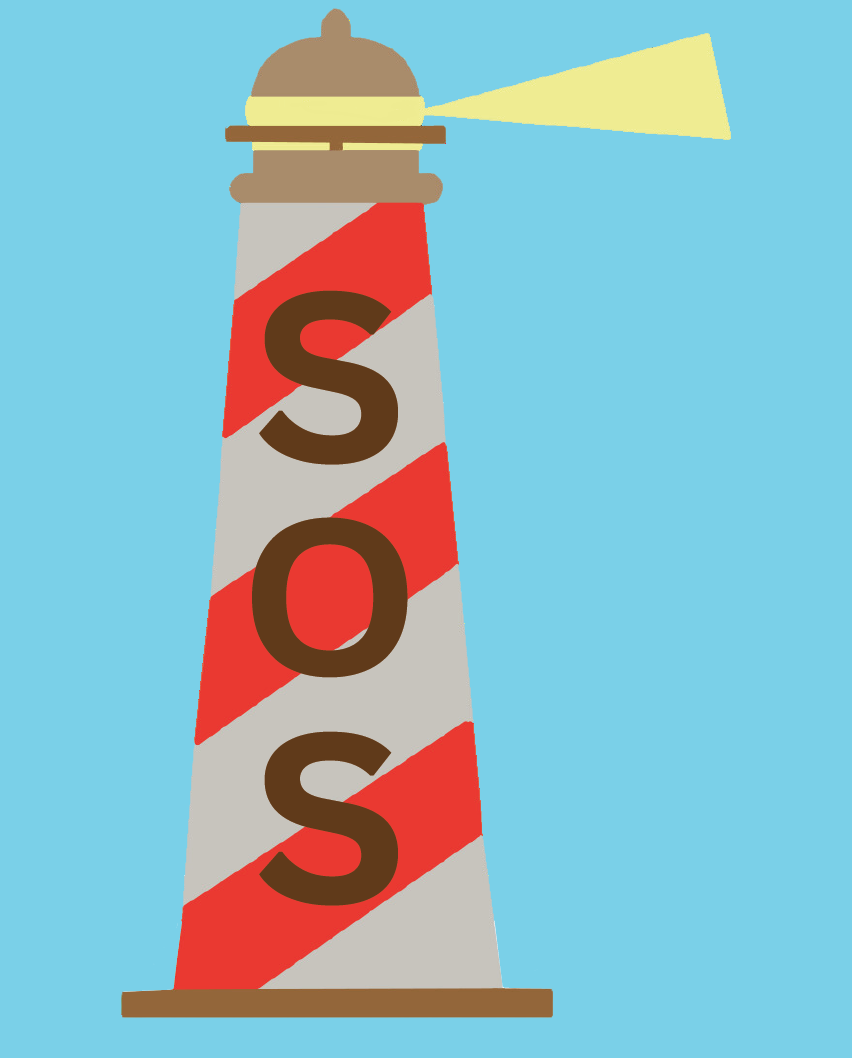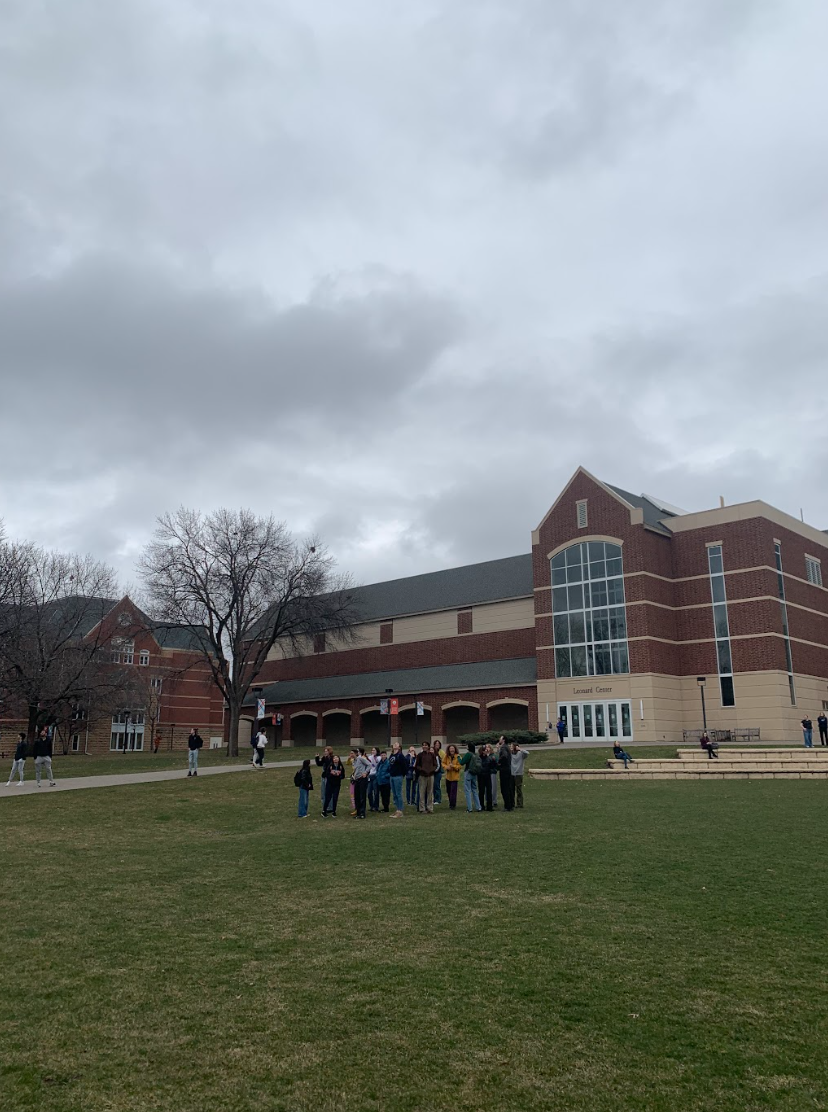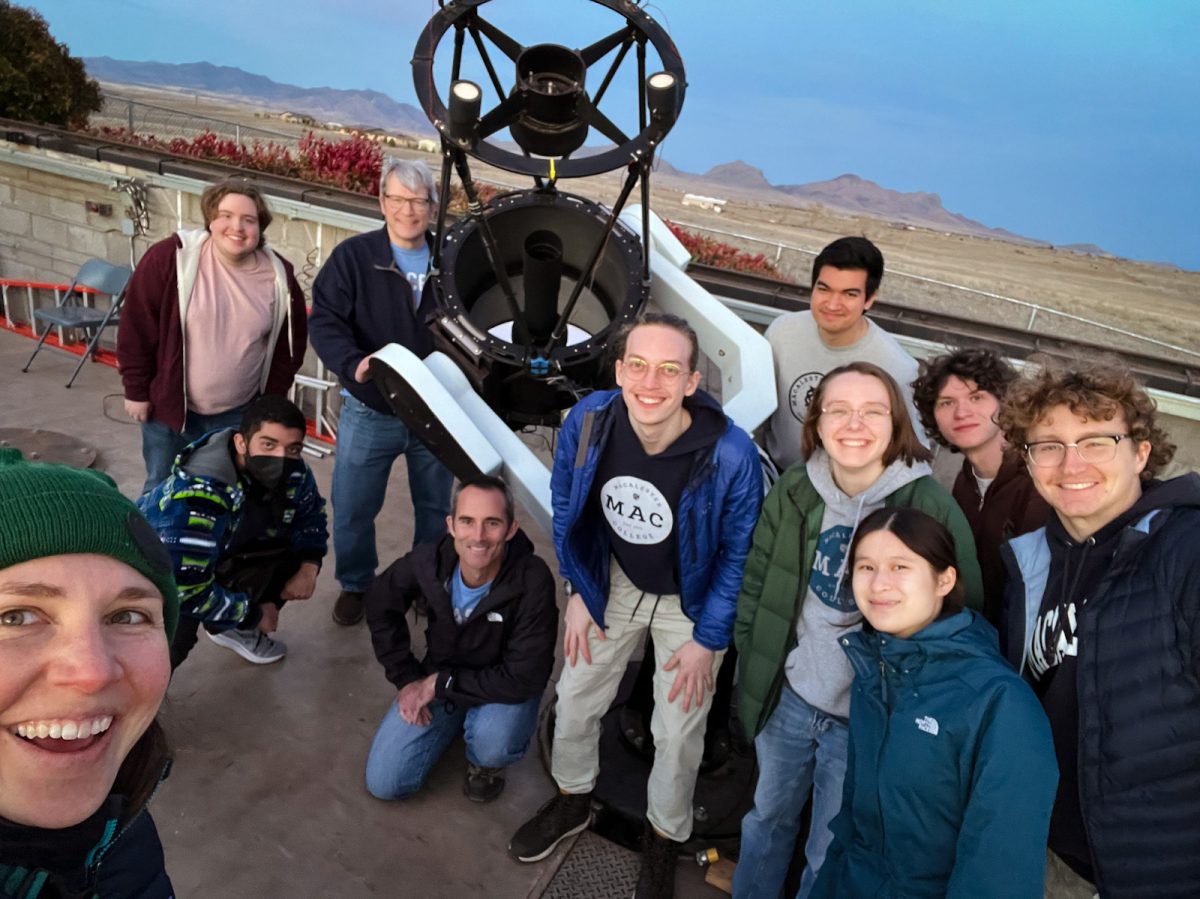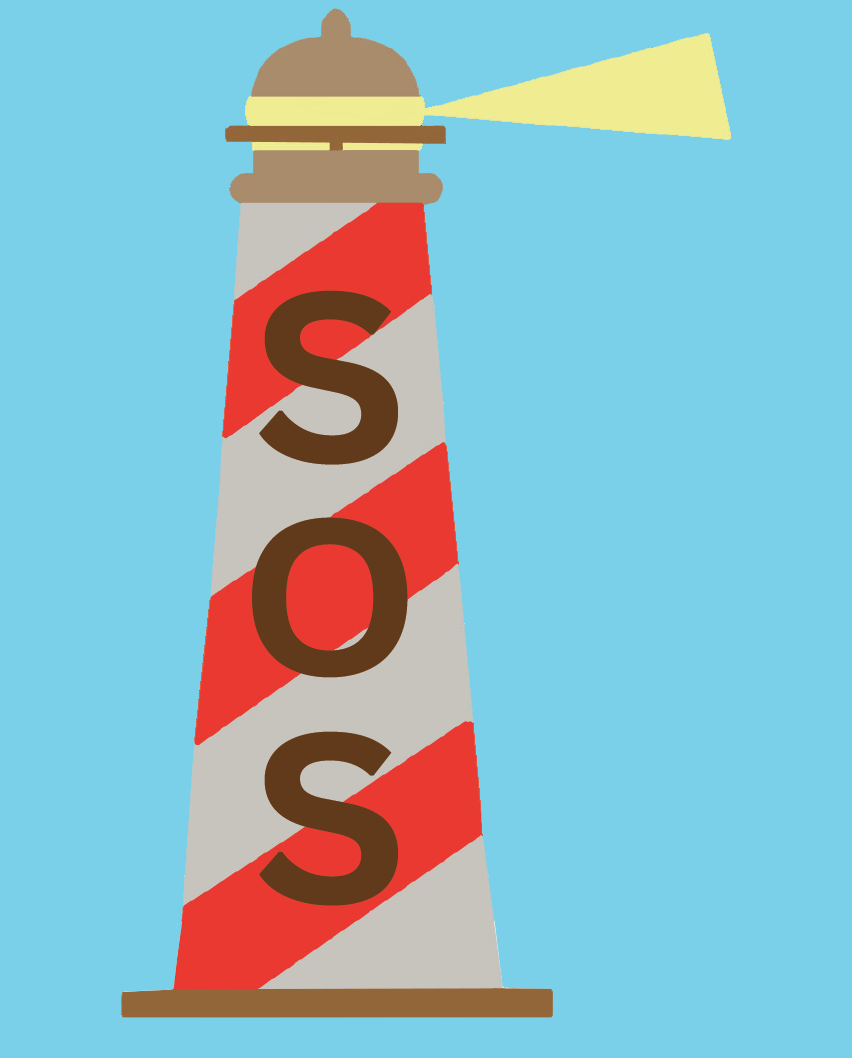My birthday was a few weeks ago. Most people did not know because I hide the date on Facebook so no one can receive the reminder in their feed and feel encouraged to leave me a message on my Timeline. With such a limited Facebook fuss, I enjoyed the introspective day I had, which was made even more quiet and reflective because I limited my social interactions. The extent to which I micromanaged my birthday erupts from the fact that a personal bad anniversary occurs on the same date. No euphemism I can imagine will both illuminate the severity of the anniversary and protect my privacy; I will edge on the side of caution and just promise that it’s bad and tied to my being a survivor of intimate violence. To have these dates overlap means that during a time many see as a celebration of me, my life and those people I hold dear, I am forced to also reflect on and emotionally relive traumas that brought me here.
With my emotions so brittle from a billion issues, I had no hope for my birthday, considering the intensity of this mood and how long it would last. In all honesty, I worried I would unfairly lash out at people if given the smallest opportunity. And while I did not regress to the worst of my destructive behaviors, I still found myself lately actively needing a reminder to not push away attention, despise everyone around me, isolate myself, forget to keep in touch or hold a bitterly short temper.
These commitments were a promise to myself, necessary because I do not want to be violent as an outlet for my own pain. Admittedly, I may be harsh with my assessment of my recent temperament. I think, however, that it is vital to personal healing, creating loving communities and intimate violence prevention to be honest about the very real possibility of hurting others as survivors during times of high stress. I use my own story because I know I have heard resonances of it from other survivors. In moments I want to be violent and have the awareness to notice my impulse to do something about it. I am not just stopping myself to avoid being cruel: I am stopping myself because I do not want to repeat the violence done to me, and because I do not want to trigger my own trauma and because I do not want to be like him, like the one who made me this way.
I am reminded now of the More Than Words poster with the headline “Hurt People Can Hurt People.” The poster, as part of a campaign from the Department of Multicultural Life, focuses on a person’s reaction in the moment of being offended. But I concern myself with the long term implications of that phrase for something like intimate violence (a term I chose to use to include any violence enacted between partnered, platonic, mentoring and familial relationships and any other kind for which “intimate” might apply). Intimate violence survivors can hurt so deeply and for so long, and our hurt can feel like it doesn’t ever go away, but instead distorts itself to constantly haunt us.
With this reality, there are undoubtedly ways that we continue the violence in times when the danger has (largely) past. And with many kinds of intimate violence, like substained childhood abuse, survivors can be forced into learning violence as a model of love and social interaction. Once, those methods kept us alive, but now they can be destructive outside of moments of negotiating immediate survival. Discovering and unlearning those trends are difficult and painful and exhausting. I know for myself, when I discover that such a coping method is now destructive to me and others, I get sick. Personally, to be pushed to cruelty and to meanness towards others terrifies me as a survivor because it so disgusts me to lose control over myself. It doesn’t help that, when I am volatile, I become even more vulnerable in anger and stress to flashbacks. I am in fear of the all the ways I continue cycles of violence that I am ignorant of.
This is usually the part in the development of my article where I give advice. And this may be a cop-out response to the questions I am raising, but I honestly do not know what to do. I thought long and hard about how to “solve” these issues, and to give alternatives to this behavior, but I cannot give anything, in part because healing is so individualistic, and in part I am in still healing. I still tend to isolating of myself instead of confronting my beloveds in times of distress as proved by the way I handled my birthday. (Although maybe that was the right thing to do?) I still avoid conflict, and I still judge myself for imagined interpersonal failures. (… Or maybe that’s okay, and I am doing fine and maybe I shouldn’t be so hard on myself for things that might be totally normal?) So I do not have much advice. But I just know so many survivors of intimate violence (a disproportionate number of whom who are women and trans people, percentages that are not at all due to causal happenstance, I would point out). Like seeks like, perhaps. And these questions erupt for so many of us as we heal and I hope there is some solace in knowing other people are struggling with these same issues too.
While I have just shared my fears about enacting violence as survivors of violence, I want to end with an acknowledgement of us and how important we are at any moment of healing, especially in communities of healing, whether we know it or not. And while I would never celebrate someone else’s trauma, I so appreciate the people I have found. I do not usually write in the plural voice (ie, “we” and “us”), but I am compelled to today because utter isolation so often dooms us, as does a self-conscious editing of ourselves as failures. Because we as survivors can act and have acted as mentors, examples, and the beloveds for other survivors. We as survivors can hold and have held one another accountable for our collective healing. We can support and have supported each other in moments of cruelty (when dealt to someone else, or even when we are the target’s of another survivor’s lashing out); we as survivors also can and should bow out of a toxic support system when we need to. We as survivors can listen and have listened to the depths of our narratives and truly felt one another because we as survivors can and have done so much to continue to do just that: survive.
Because we survivors are whole souls, proving ourselves beloved to our own hearts with every breath.


















Victor Piper • Sep 12, 2019 at 4:55 am
One additional technique in support of advertising your website is posting comments on unique directories with your webpage link.
Richard Greene • Sep 10, 2019 at 10:13 pm
Thanks for your publication. I would also love to say this that the very first thing you will need to conduct is verify if you really need credit restoration. To do that you have got to get your hands on a copy of your credit report. That should really not be difficult, since the government necessitates that you are allowed to get one free of charge copy of your actual credit report on a yearly basis. You just have to check with the right folks. You can either browse the website for your Federal Trade Commission as well as contact one of the leading credit agencies specifically.
Samantha Langdon • Sep 6, 2019 at 5:04 am
yeah bookmaking this wasn’t a speculative conclusion outstanding post! .